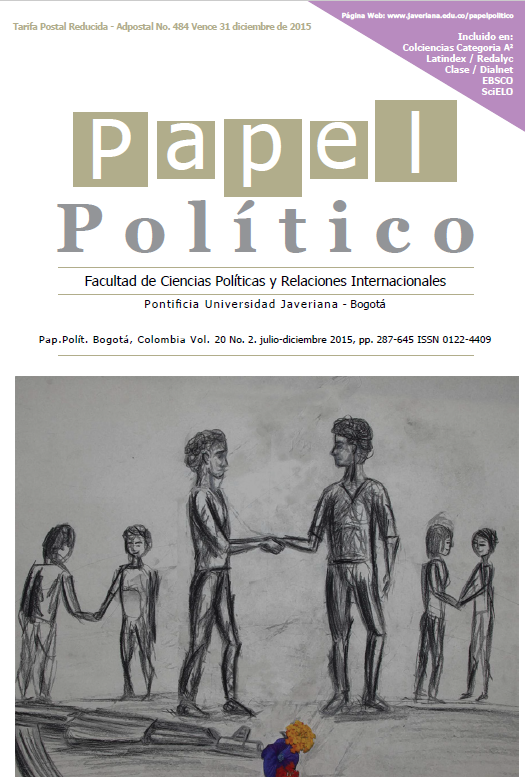Resumo
Ante el nuevo escenario planteado en Colombia de un postconflicto, las Fuerzas Militares adelantan un proceso de transformación y uno de los objetivos de este proceso es incrementar y perfeccionar las operaciones conjuntas, es decir,
aquellas planeadas y ejecutadas por dos o más fuerzas. El primer paso se dio en 2003 con la creación de la Fuerza de Tarea Conjunta Omega, cuya base es la experiencia de las Fuerzas Armadas de Estados Unidos. Este artículo analiza la
operación estadounidense Libertad para Irak–en especial el nivel estratégico y la unidad de mando– y la compara con los resultados alcanzados hasta ahora por Colombia en el campo de las operaciones conjuntas, donde la generación
de sinergias y la flexibilidad operacional han aumentado la exactitud, la contundencia y la eficiencia de las Fuerzas Militares.
Esta revista científica se encuentra registrada bajo la licencia Creative Commons Reconocimiento 4.0 Internacional. Por lo tanto, esta obra se puede reproducir, distribuir y comunicar públicamente en formato digital, siempre que se reconozca el nombre de los autores y a la Pontificia Universidad Javeriana. Se permite citar, adaptar, transformar, autoarchivar, republicar y crear a partir del material, para cualquier finalidad (incluso comercial), siempre que se reconozca adecuadamente la autoría, se proporcione un enlace a la obra original y se indique si se han realizado cambios. La Pontificia Universidad Javeriana no retiene los derechos sobre las obras publicadas y los contenidos son responsabilidad exclusiva de los autores, quienes conservan sus derechos morales, intelectuales, de privacidad y publicidad.
El aval sobre la intervención de la obra (revisión, corrección de estilo, traducción, diagramación) y su posterior divulgación se otorga mediante una licencia de uso y no a través de una cesión de derechos, lo que representa que la revista y la Pontificia Universidad Javeriana se eximen de cualquier responsabilidad que se pueda derivar de una mala práctica ética por parte de los autores. En consecuencia de la protección brindada por la licencia de uso, la revista no se encuentra en la obligación de publicar retractaciones o modificar la información ya publicada, a no ser que la errata surja del proceso de gestión editorial. La publicación de contenidos en esta revista no representa regalías para los contribuyentes.


